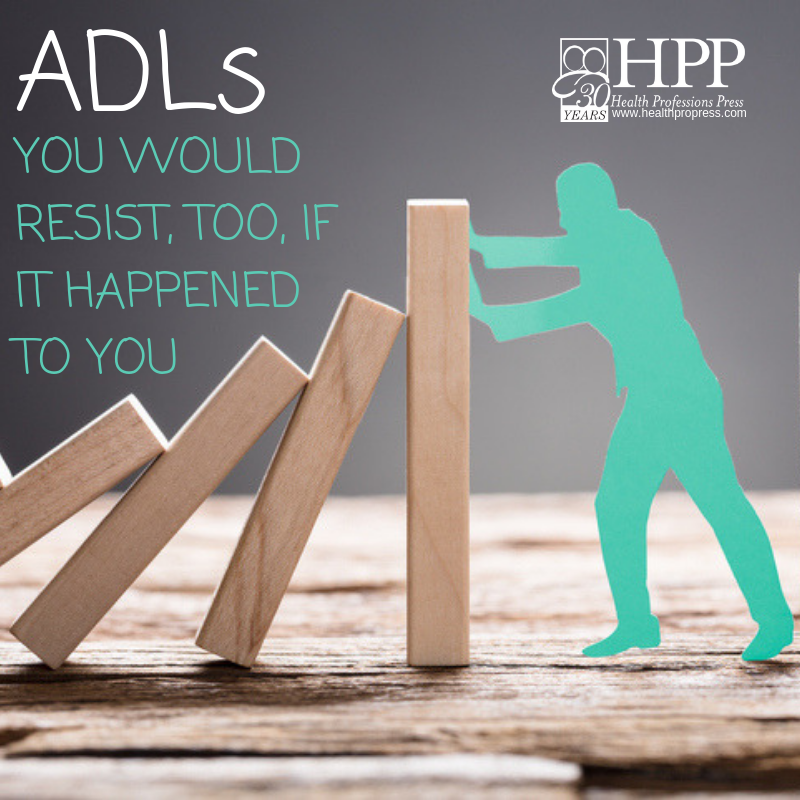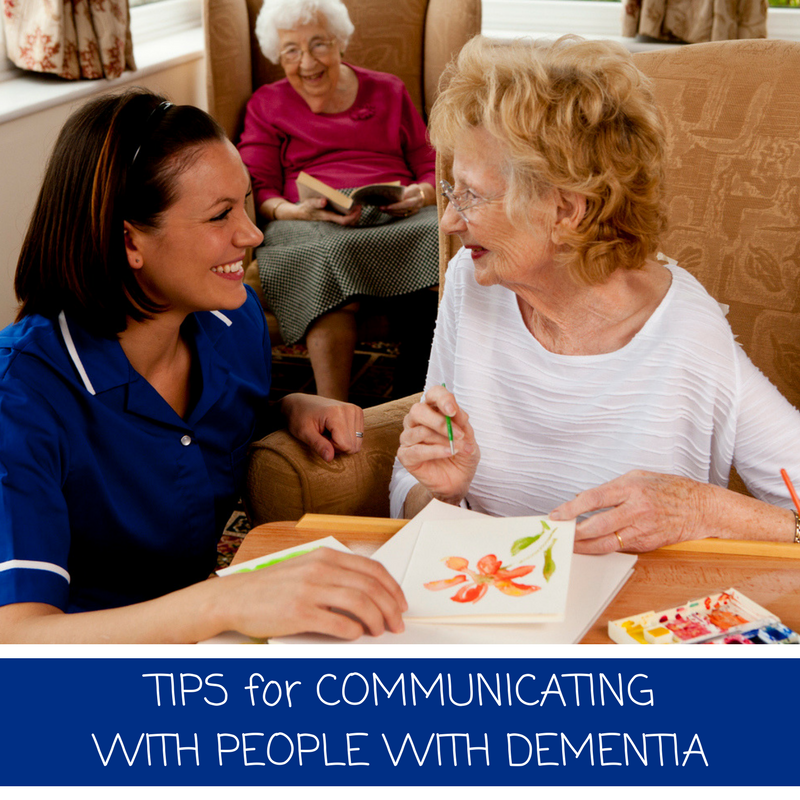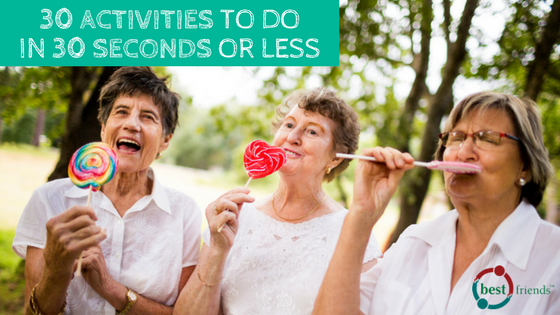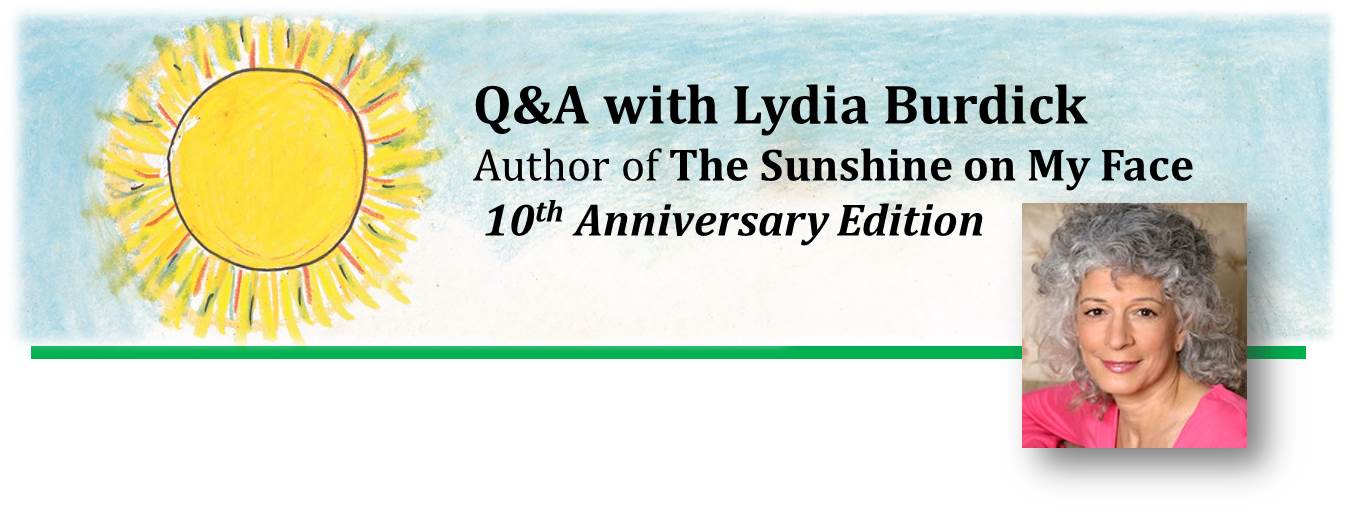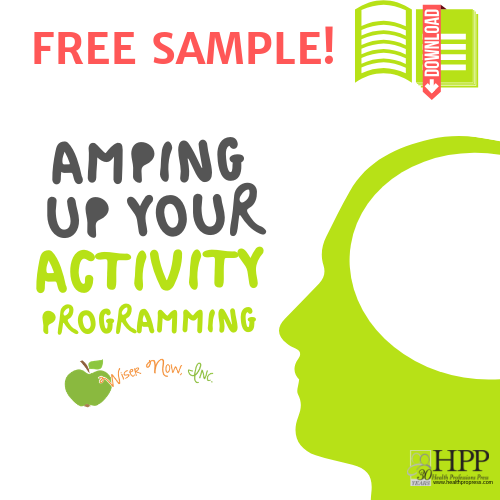
Look Inside Elder Care Conversations: Amping Up Your Activity Programming
Download this free sample from a module from Elder Care Conversations! This sample contains helpful information and insight on activities of daily living (ADLs), and is filled with brain teasers, trivia quizzes, word games, discussion questions, and imagination and reminiscing exercises. Elder Care Conversations: A… by on Scribd Excerpted from Elder Care Conversations: Amping Up Your Activity Programming by David…
READ MORE
